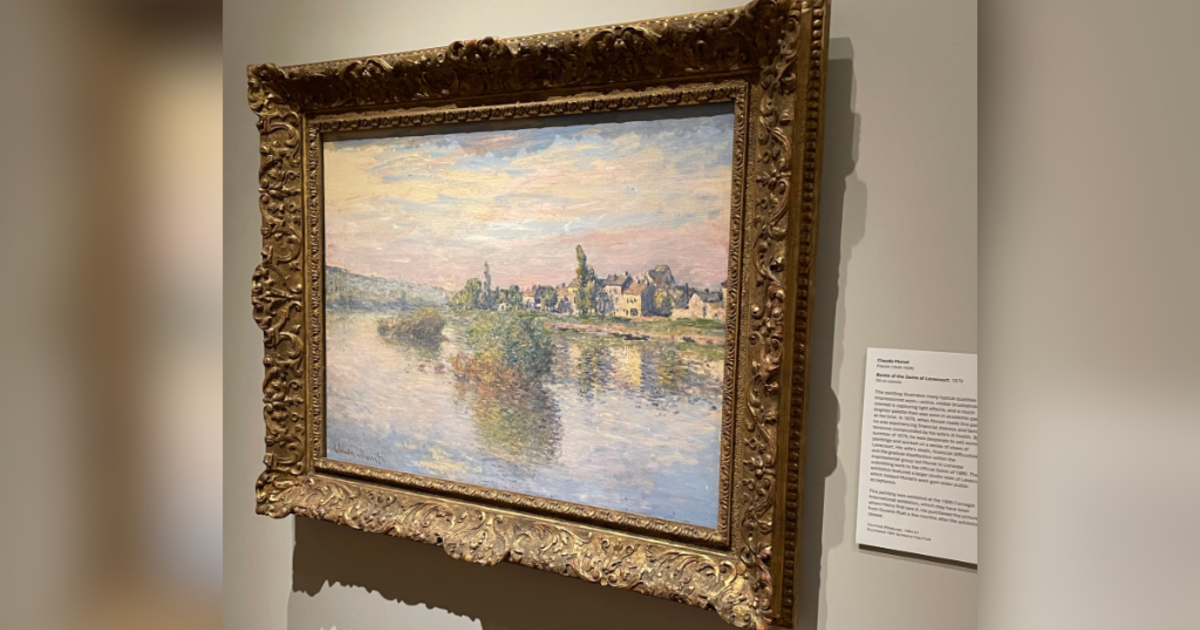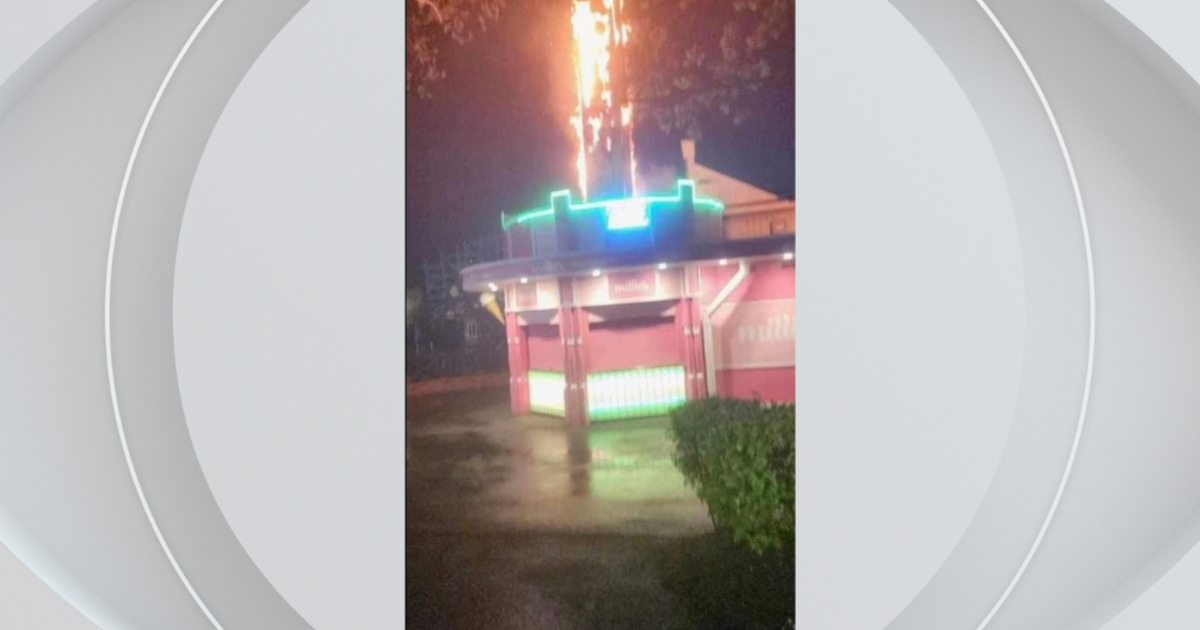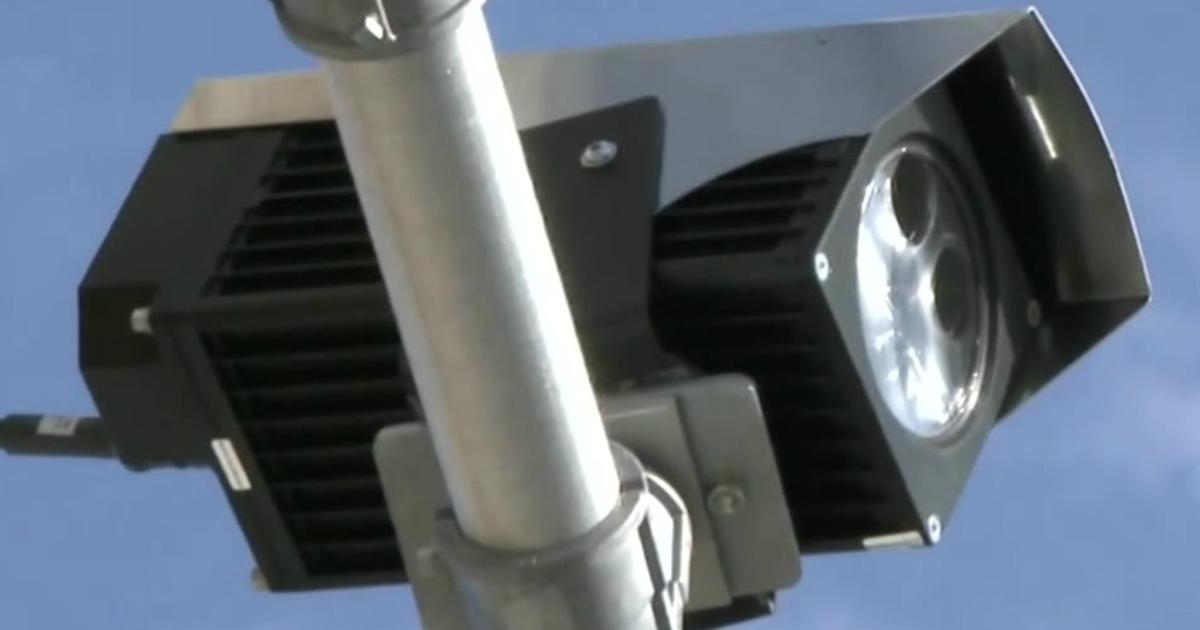Hospitals Now Getting Stroke Center Designations
PITTSBURGH (KDKA) -- Connie Zatezalo loves to read.
"It just gets your mind off of anything else that you're thinking about, in your own life or your own world that's going on, and takes you away," she says.
Last summer, what she thought was her monthly migraine nearly took her away.
"They found me lying on the bathroom on the floor," she describes.
It was actually a stroke with bleeding in her brain and bleeding into the ventricles.
The ventricles are normal fluid-filled spaces deep in the brain. Sometimes strokes can bleed into these spaces. The blood can clot, and plug up the circulation of brain fluid. As a result, pressure can build up and this can be deadly.
"There are some types of stroke conditions that really require a higher level of care," explains Allegheny General Hospital stroke neurologist Dr. Ashis Tayal.
For complicated cases like this, neurologists, neurosurgeons, neuroradiologists and a neuro intensive care unit need to work closely together.
Hospitals that can offer this are becoming "comprehensive stroke centers."
Just as trauma centers are designated by level -- with a level one trauma center being the most proficient -- hospitals are getting stroke designations as well by the Joint Commission, a hospital accrediting body.
Comprehensive stroke centers will partner with primary stroke centers, and people will be transferred to centers based on the severity of their strokes.
"They were afraid I was going to die. I was really close to that several times, from the sound of it," Zatezalo says.
As in Zatezalo's case, care is started at the community hospital, or primary stroke center. Then, the patient is transferred, typically by helicopter to a comprehensive stroke center.
"I'm specialized in dealing with difficult brain problems, we always like to see those patients because we feel we are trained to help these patients," says Allegheny General Hospital neurosurgeon Dr. Abdel Aziz.
AGH is the first hospital in this region to be named a comprehensive stroke center.
Zatezalo got cutting edge treatment, and was enrolled in a research study looking at whether clot-busting medicine can help clear the blood from the ventricles. This would not have been an option at a community hospital.
"They actually shaved this part here, and they drilled into my head, and they released that pressure," she says.
For most straightforward strokes, primary stroke centers will do just fine.
For as life-threatening as Zatezalo's situation was, she has done extremely well - back to reading, back to work.
"I have some short term memory loss, and I had some balance issues I went to physical therapy for," she admits. "I'm very thankful for where I'm at right now."
RELATED LINKS:
More Health News
More Reports from Dr. Maria Simbra



